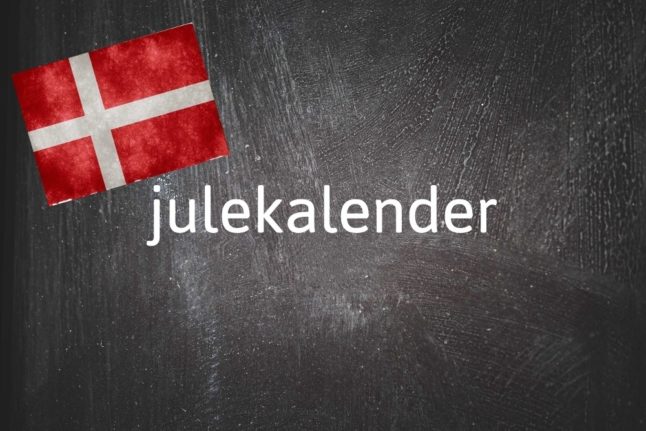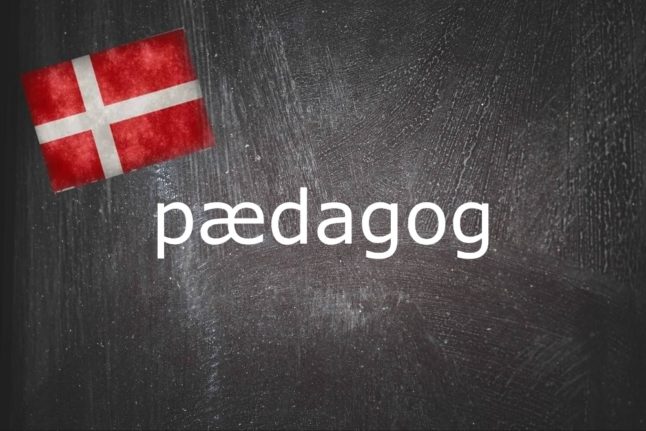What is a julekalendar?
Julekalender is a relatively straightforward word to decipher. It’s a compound of the Danish words for Christmas (jul) and calendar (kalender). Put together, they mean Christmas calendar, but more closely translate to advent calendar.
As with most advent calendars, they begin on December 1st and end on the day when the country celebrates Christmas. In Denmark, this is Christmas Eve, December 24th.
What really sets Danish Christmas calendars apart from the rest is that they don’t just come in the form of little boxes containing chocolates or small gifts. In fact, the calendars referred to as advent calendars in English are also called adventkalendar in Danish.
So what is a julekalender, if it isn’t an advent calendar?
Why do I need to know julekalendar?
The Scandinavian tradition of julekalender television shows. These popular festive mini-series are broadcast every December in Norway, Sweden and Denmark, with short episodes shown each day. They can be aimed at adults or children, or both at the same time.
These short blasts of Christmas cheer are a much-loved tradition in Denmark, and many will watch the advent show they grew up with every year into adulthood.
You might have heard of some of the more famous ones including Jul på Vesterbro, Jesus og Josephine and Alletiders jul.
By far the most famous is The Julekalender, produced and performed by comedy writing trio De Nattergale in 1991. Some of the characters (the nisser or elves, to be specific) speak in an invented and very funny mashup of English and Danish. As a result, the series became very quotable and has become a staple part of Christmas culture in Denmark.
Public broadcaster DR shows classic and new julekalendere on its website each Christmas.



 Please whitelist us to continue reading.
Please whitelist us to continue reading.
Member comments